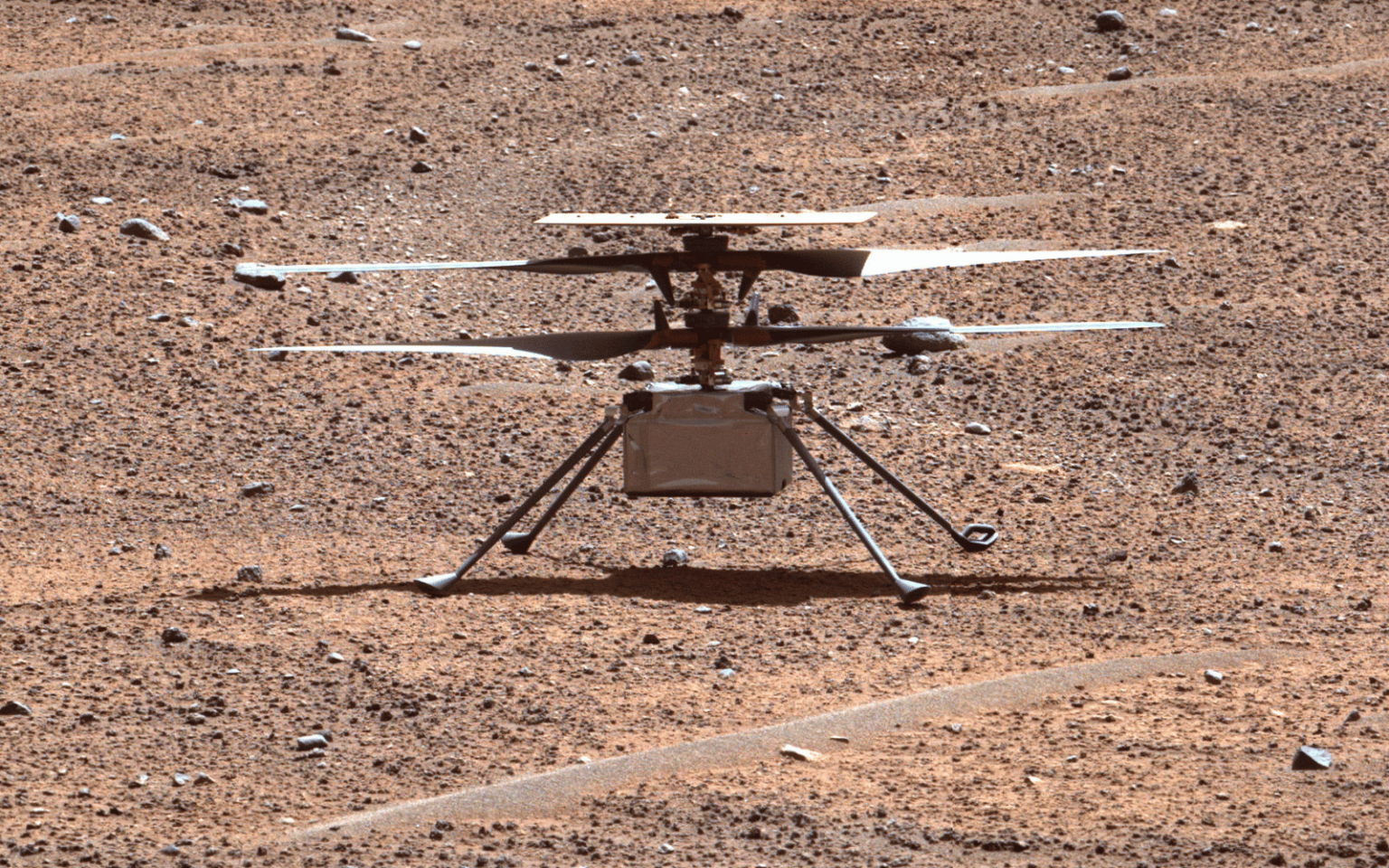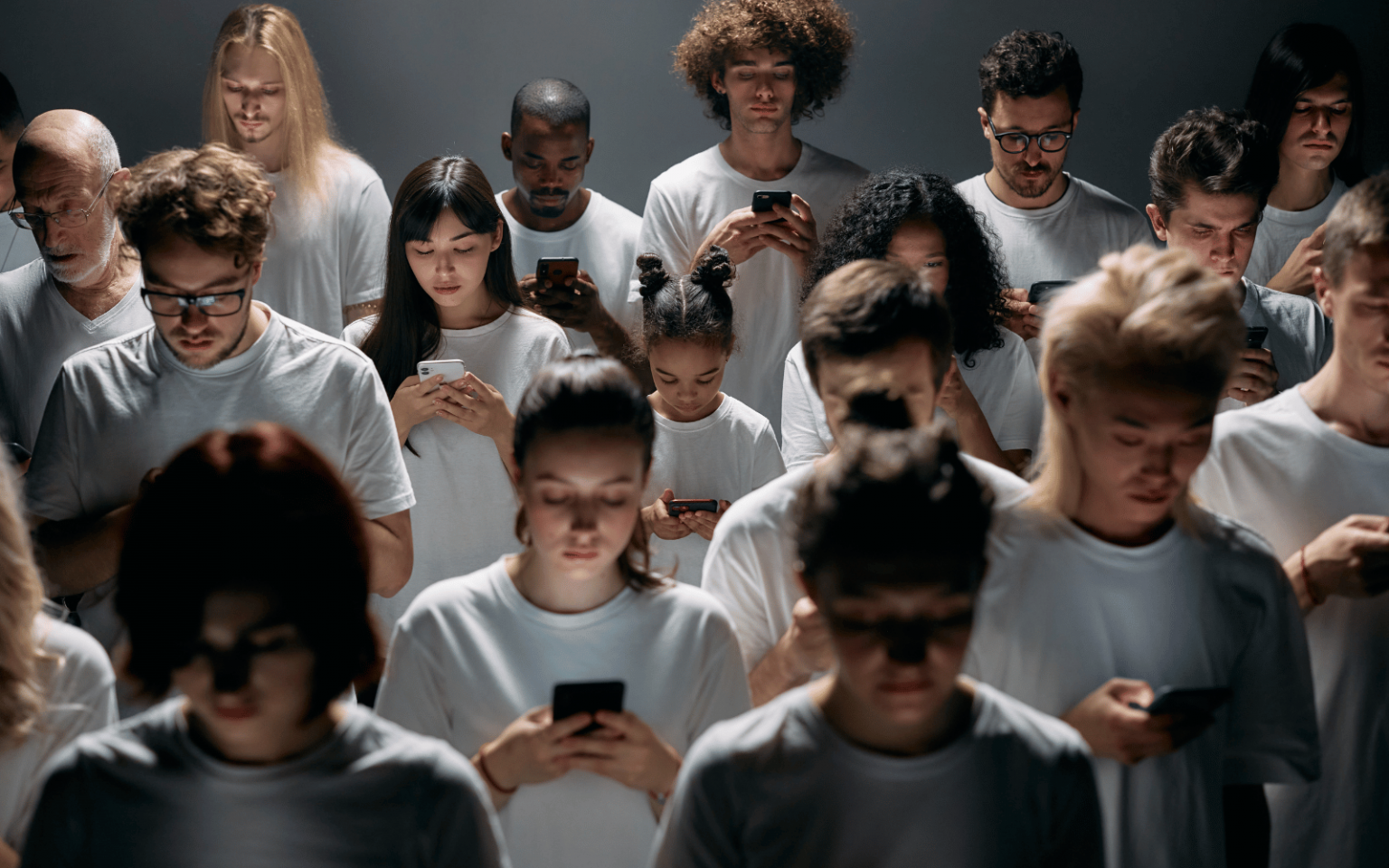Eskom, South Africa’s state-owned power utility, struggles to generate and supply a stable flow of electricity to meet demand. In 2023, there were times when households and businesses had no power for up to 11 hours a day. The result is that many South Africans are choosing to end or reduce their dependence on the national electricity grid. The approaches people are taking are still evolving. Some are choosing to cut off their reliance on local government, which is responsible for local electricity distribution and reticulation. Others are opting to add solar and battery power while retaining municipal power for backup. The move…
Author: The Conversation
Earlier this week, Elon Musk announced his brain-computer interface company, Neuralink, had implanted a device in a human for the first time. The company’s PRIME study, approved by the US Food and Drug Administration last year, is testing a brain implant for “people with paralysis to control external devices with their thoughts”. The first human received an implant from @Neuralink yesterday and is recovering well. Initial results show promising neuron spike detection. — Elon Musk (@elonmusk) January 29, 2024 In the past few years, Neuralink has faced investigation for mistreatment of lab animals and seen the departure of several company executives. Nevertheless, the PRIME trial is a…
Meta announced on Jan. 9, 2024, that it will protect teen users by blocking them from viewing content on Instagram and Facebook that the company deems to be harmful, including content related to suicide and eating disorders. The move comes as federal and state governments have increased pressure on social media companies to provide safety measures for teens. At the same time, teens turn to their peers on social media for support that they can’t get elsewhere. Efforts to protect teens could inadvertently make it harder for them to also get help. Congress has held numerous hearings in recent years about social media and the risks to young…
It is difficult to emphasise the significance of the milestone surpassed by NASA’s Mars helicopter, Ingenuity. The little (1.8kg) helicopter touched down with the Perseverance rover in 2021. On 25 January, NASA announced that the flying vehicle had to perform an emergency landing which damaged one of its rotors and ended its mission. This reminds us that space exploration is still difficult to do. But Ingenuity’s three years on Mars proved that powered, controlled flight on Mars was possible. The little helicopter lasted for far longer than had been planned and flew higher and further than many had envisaged. Beyond this Martian…
Using digital platforms is increasingly the only option to manage our daily lives, from filling out forms at the doctor’s office or government offices to ordering food, booking a cab, paying taxes, banking, shopping or dating. Often, people are coerced into using apps or online platforms by the absence of any other options. Our social lives are equally entrenched in social media platforms. While the availability of services and opportunities on digital platforms may offer easier access or create an impression of wider connections, it also potentially harms our wellbeing. The adverse impacts of digital use have grown since the pandemic, as social isolation has…
Apple Vision Pro is a mixed-reality headset – which the company hopes is a “revolutionary spatial computer that transforms how people work, collaborate, connect, relive memories, and enjoy entertainment” – that begins shipping to the public (in the United States) later this week. Critics have doubted the appeal of the face-worn computer, which “seamlessly blends digital content with the physical world”, but Apple has pre-sold as many as 180,000 of the US$3,500 gizmos. What does Apple think people will do with these pricey peripherals? While uses will evolve, Apple is focusing attention on watching TV and movies, editing and reliving “memories”, and – perhaps most…
Perfect safety is no more possible online than it is when driving on a crowded road with strangers or walking alone through a city at night. Like roads and cities, the internet’s dangers arise from choices society has made. To enjoy the freedom of cars comes with the risk of accidents; to have the pleasures of a city full of unexpected encounters means some of those encounters can harm you. To have an open internet means people can always find ways to hurt each other. But some highways and cities are safer than others. Together, people can make their online…
Artificial Intelligence (AI) is transforming the human resource management (HRM) industry faster than we notice. Sixty-five percent of organisations are already using AI-enabled tools in the hiring process, but only a third of job candidates are aware of the practice. Pros and cons of AI in recruitment In recruitment, AI-enabled tools have the ability to collect large amounts of organisational data to search, identify, evaluate, rank, and select job candidates. They can assemble information on hiring needs across teams, generate advertisements with model candidate traits, and highlight potential candidates from a range of digital platforms. AI-enabled tools have long promised efficiency in the processing…
Artificial intelligence (AI) will have serious societal impact globally. So it is more urgent than ever that state leaders cooperate to regulate the technology. There have been various calls already: the Bletchley Declaration at a recent UK summit and the 11 AI principles and code of conduct agreed on by G7 leaders, for example. But these largely state the obvious. The real question is not whether international cooperation on AI is needed, but how can it be realised? The most obvious way to secure this in a way that maximises the benefits of AI, and puts in “guardrails” – controls – to manage…
Bewilderingly rapid changes are happening in the technology and reach of computer systems. There are exciting advances in artificial intelligence, in the masses of tiny interconnected devices we call the “Internet of Things” and in wireless connectivity. Unfortunately, these improvements bring potential dangers as well as benefits. To get a safe future we need to anticipate what might happen in computing and address it early. So, what do experts think will happen, and what might we do to prevent major problems? To answer that question, Our research team from universities in Lancaster and Manchester turned to the science of looking into the…










